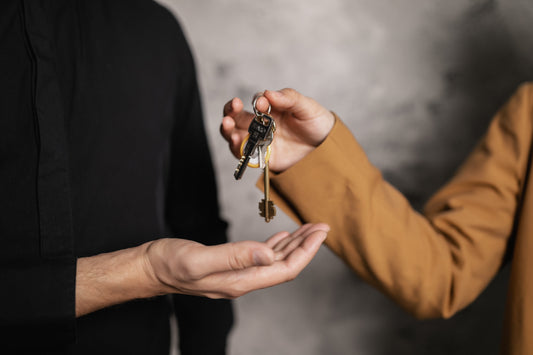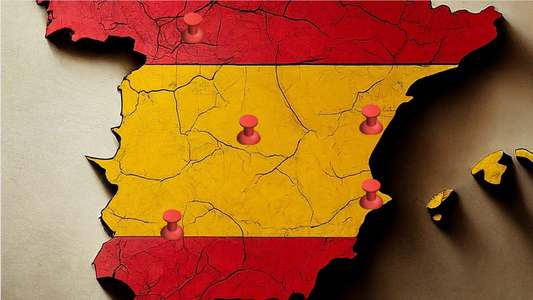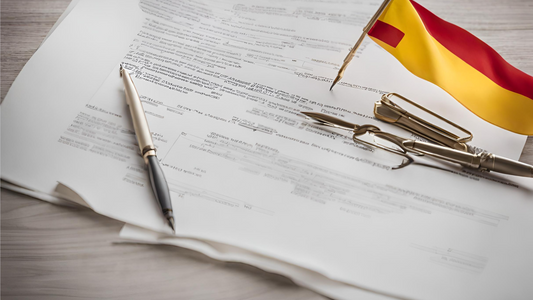What is a NIE number?
NIE stands for "Número de Identificación de Extranjero," which translates to "Identification number for foreign citizens" in Swedish. It is a personal identification number assigned to foreign nationals who need to carry out official transactions in Spain, including buying a home.
What is NIE number used for?
Identification: The NIE number acts as an official identification for foreign nationals in Spain. It is used in various contexts, including real estate transactions, banking transactions, employment and other legal relationships.
Property purchase: To purchase a property in Spain, legislation requires the buyer to have a NIE number. It is used in conjunction with the land registry and other authorities to register ownership and carry out transfers of properties.
Fiscal Reasons: The NIE number is also required for fiscal purposes. It is necessary for the Spanish tax authorities to be able to identify persons liable to pay tax in Spain and monitor their financial transactions.
Bank transactions: Many banks in Spain require the NIE number to open bank accounts and carry out transactions. It is part of the general process of establishing an economic presence in the country.
Employment: If you plan to work in Spain, you will also need a NIE number. It is used to report employment contracts and to ensure that you are registered for tax purposes.
How to apply for a NIE number?
To get a NIE number, you can apply in person at a police station or consulate. The application process may vary slightly by location, but generally requires you to fill in an application form, have valid ID and, in some cases, proof of the reason you need the NIE number. We recommend that you book your NIE application appointment online to avoid queuing.
Make an appointment
Visit the official Spanish website and select the appropriate option based on your citizenship. EU citizens select "Certificados EU," while non-EU citizens select "Expedición de tarjeta de identidad de extranjero." Fill in your personal details and book an appointment as soon as possible, the waiting time can be long.
What do you need to bring to the meeting?
- Completed forms ( EX-18 for EU citizens) . These must be printed and filled out in Spanish or they will not accept them. For non-EU citizens, additional documents are required, including proof of why you need the NIE number (eg, property agreement, employment contract) as well as your passport (original and copy).
- Original and copy of documents proving why you need the NIE number.
- Passport (original and copy) and passport-sized color photos.
- For non-EU citizens, also include visas and any other proof of legal entry.
Don't forget to pay the NIE tax
To complete the application, you must pay the tax for the NIE number. The tax amount is 9.84 euros for 2023. Complete form 790 online, print it and pay at a bank. Be careful when filling out the form to avoid delays.
When will you receive your NIE number?
The meeting may result in immediate allocation of the NIE number or require a return after a few days. The process and handling time varies depending on your location in Spain.
Be patient and come prepared
Be prepared for variations in bureaucratic handling and the professionalism of officials. It is wise to double-check the specific requirements of your local municipality, as they may differ. Always bring extra copies of documents to avoid unnecessary delays.
By following this guide, you will navigate smoothly through the process of obtaining your Spanish NIE number. Remember that the NIE number is valid indefinitely, so make sure to keep it safe and always have copies to hand.
Finally, ensuring you have a NIE number is an important part of preparing to buy a home in Spain and to carry out other legal and financial transactions in the country.
Good luck!






